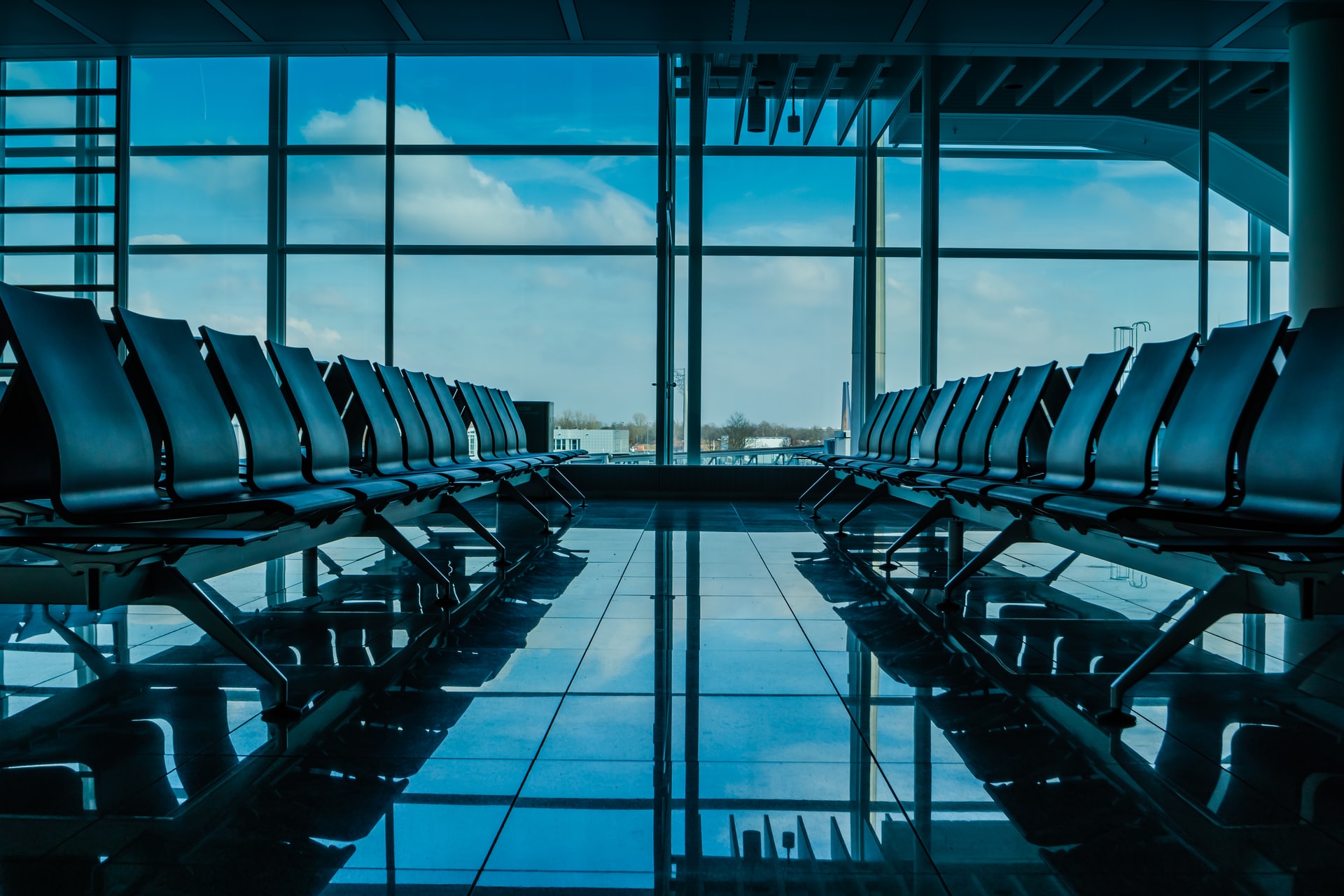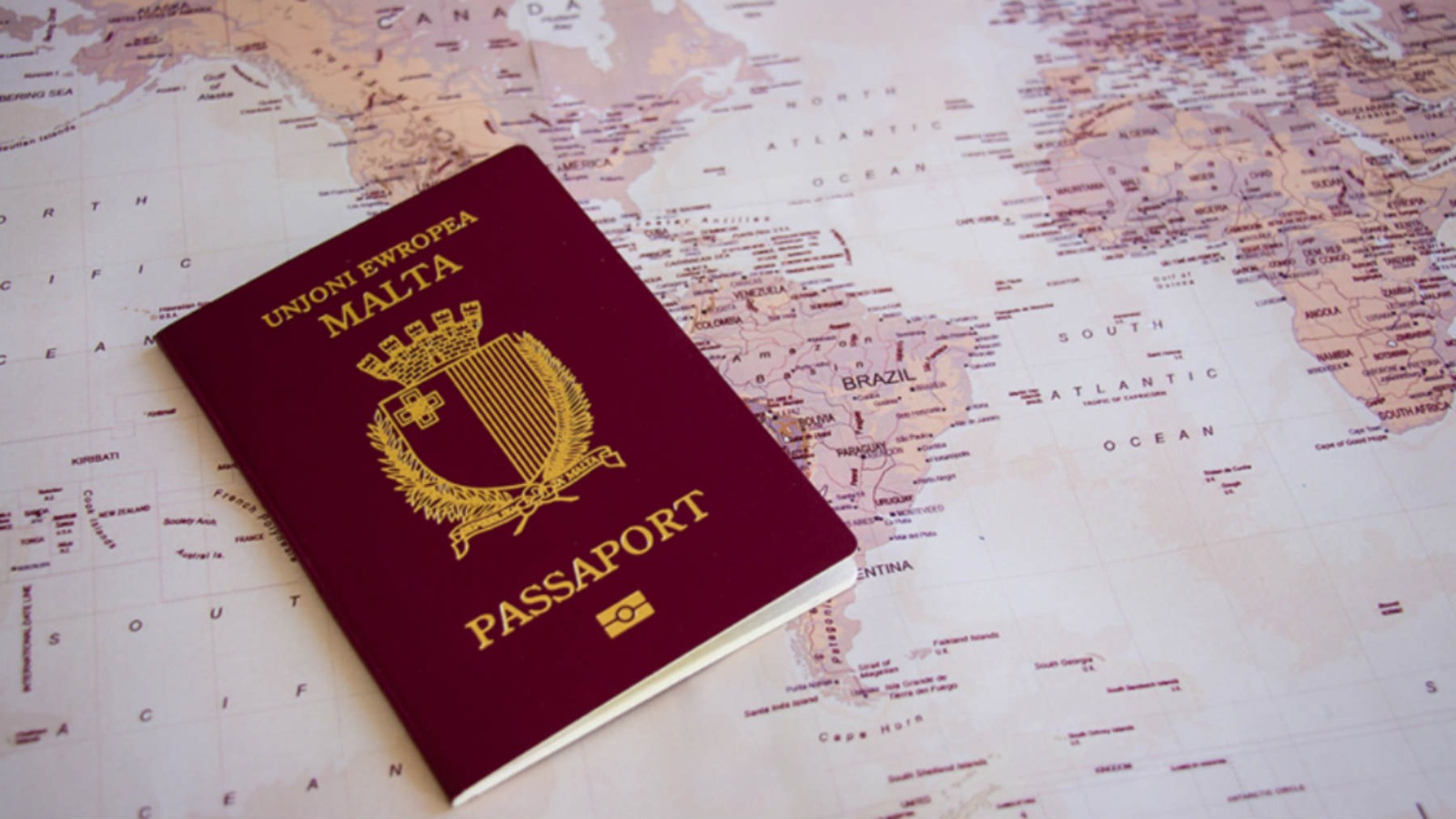The International Air Transport Association (IATA) have officially declared 2020 to be the Worst Aviation Year on Record, confirming the devastating effects caused by the COVID-19 crisis on global air transport.
The decline in air passengers transported in 2020 was the largest recorded since global Revenue-Passenger Kilometres (RPKs) started being tracked around 1950, leading Air Malta’s executive chairman David Curmi to note on LinkedIn that “Unprecedented events require unprecedented solutions by all stakeholders”.
At the depth of the crisis in April 2020, 66 per cent of the world’s commercial air transport fleet was grounded as governments closed borders or imposed strict quarantines.
A million jobs disappeared as total industry passenger revenues fell by 69 per cent to $189 billion (€160 billion) in 2020, and net industry losses for the year totalled $126 billion (€107 billion).
The number of air passengers in 2020 amounted to 1.8 billion, a decrease of 60.2 per cent compared to the 4.5 billion who flew in 2019
Industry-wide air travel demand (measured in RPKs) dropped by 65.9 per cent year-on-year
International passenger demand (RPKs) decreased by 75.6 per cent compared to the prior year.
Domestic air passenger demand (RPKs) dropped by 48.8 per cent compared to 2019.
Air connectivity declined by more than half in 2020, with the number of routes connecting airports falling dramatically at the outset of the crisis by more than 60 per cent year-on-year in April 2020.
The regional rankings (based on total passengers carried on scheduled services by airlines registered in that region) show that Africa suffered the largest proportion of loss for passenger traffic with a drop of 65.7 per cent versus 2019, followed by the Middle East with a decline of 67.6 percent and Europe with 67.4 per cent.
- Asia-Pacific: 780.7 million passengers, a decrease of 53.4 per cent compared to the region’s passengers in 2019.
- Latin America: 123.6 million passengers, down 60.6 per cent over 2019.
- North America: 401.7 million passengers, down 60.8 per cent over 2019.
- Europe: 389.9 million passengers, down 67.4 per cent over 2019.
- Middle East: 76.8 million passengers, a decrease of 67.6 per cent over 2019.
- Africa: 34.3 million passengers, down 65.7 per cent over 2019
Malta saw an even higher drop, with Malta International Airport seeing a 76 per cent drop in passenger traffic.
Forward projections conducted by IATA of Malta’s passenger volumes reveal that the pre-COVID passenger traffic for Malta is expected to recover fully only by 2024.
In a reply to Mr Curmi’s post, Philip Micallef, CEO of Air Malta between 2014 and 2016, said, “Some serious thinking out of the box needed globally.
“Governments, health authorities, airports, airlines, hotels, and transport companies must come up with a new hassle-free, safe, seamless way of travelling.”
He added that IATA should take the lead in the endeavour, with technology playing the role of facilitator.
Malta’s R&D spend stays level at 0.6% of GDP
Total expenditure of research and development amounted to €121 million in 2023, an increase of €16.1 million
Most Maltese scam victims don’t know about dispute resolution service, study finds
In this day and age ignorance costs, as scammers are getting increasingly clever
Extreme heat set to leave 2.5% dent in Malta’s GDP by mid-century
The country is set to see GDP impacts from extreme heat






